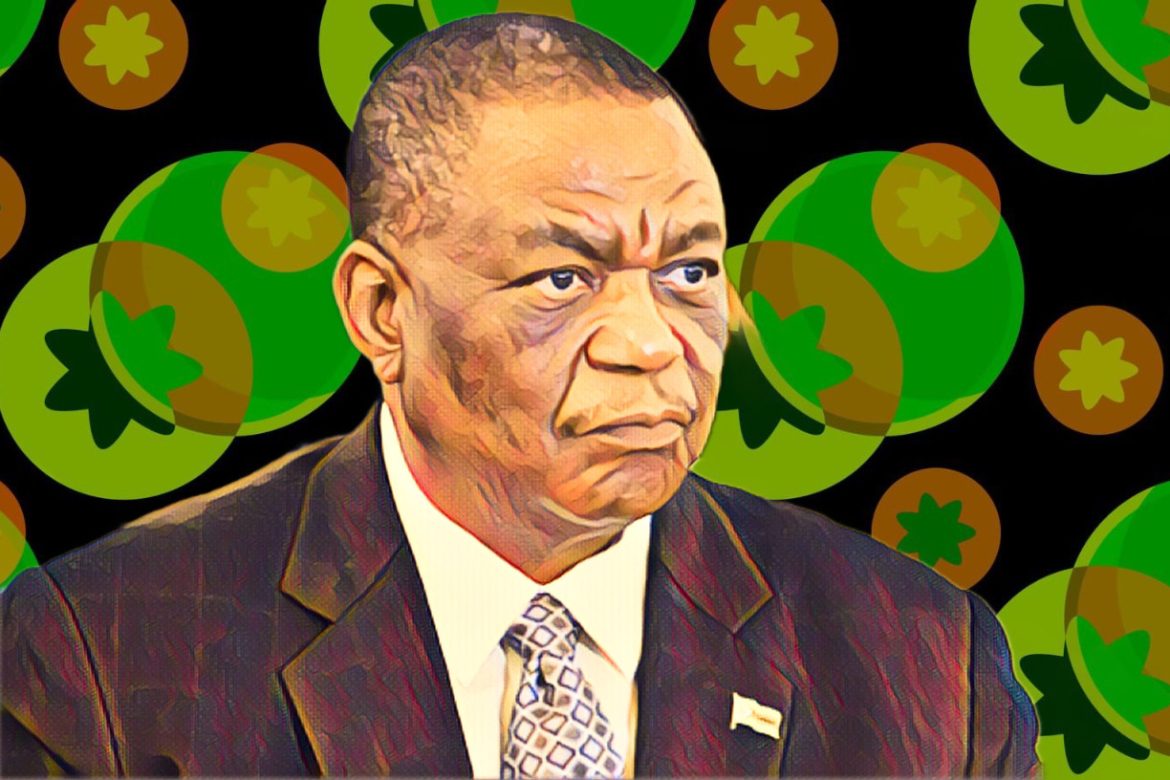Key Points
- Chiwenga’s repeated threats against zvigananda lack prosecutions and reforms.
- Empty promises embolden zvigananda while Zimbabweans bear the cost.
- A genuine fight against zvigananda requires real institutional reform.
Vice-President Constantino Chiwenga is never short of words when it comes to corruption. Each time he steps to the microphone, he fires off stern warnings at the zvigananda — the well-connected figures who use proximity to power to enrich themselves while ordinary citizens struggle to survive.
The problem is, nothing happens after the speeches. No arrests. No prosecutions. No names exposed. For citizens who live daily with collapsing hospitals, underfunded schools and shrinking opportunities, tough talk has become an empty ritual.
Public anger grows as zvigananda thrive
In Zimbabwe’s townships and villages, people whisper the same question: if leaders are serious, why do the zvigananda keep thriving?
These power brokers hoard opportunities, grab lucrative contracts, and push honest people aside. Everyone knows them, but they move freely, untouchable.
For many Zimbabweans, the louder the threats from the podium, the clearer the silence of real action becomes.
Empty promises fuel corruption’s advance
Back in June, Chiwenga vowed a “day of reckoning” for the corrupt. Earlier this week, he repeated the same line. But citizens have heard it all before.
Empty promises don’t scare zvigananda. They embolden them. And in the meantime, families are sinking deeper into poverty, public services are collapsing, and the belief that hard work pays is evaporating. It feels less like justice in waiting and more like political theatre.
Fighting zvigananda needs real reform
Zimbabweans know speeches alone won’t end the zvigananda menace. Institutions already exist —the Zimbabwe Anti-Corruption Commission, the Auditor-General’s office, the National Prosecuting Authority. But without independence, resources, and political will, they remain watchdogs that bark but never bite.
Real change means giving them teeth, protecting whistleblowers, forcing public officials to declare their assets, and making Parliament demand transparency in government contracts. It means seeing handcuffs, courtrooms, and convictions — not just headlines.
Ordinary Zimbabweans are tired of waiting. They want stolen wealth returned to hospitals and schools, not siphoned into private pockets.
They want a justice system that shows no one is above the law. Until words are backed with action, the zvigananda will keep laughing all the way to the bank — while the rest of the country pays the price.


